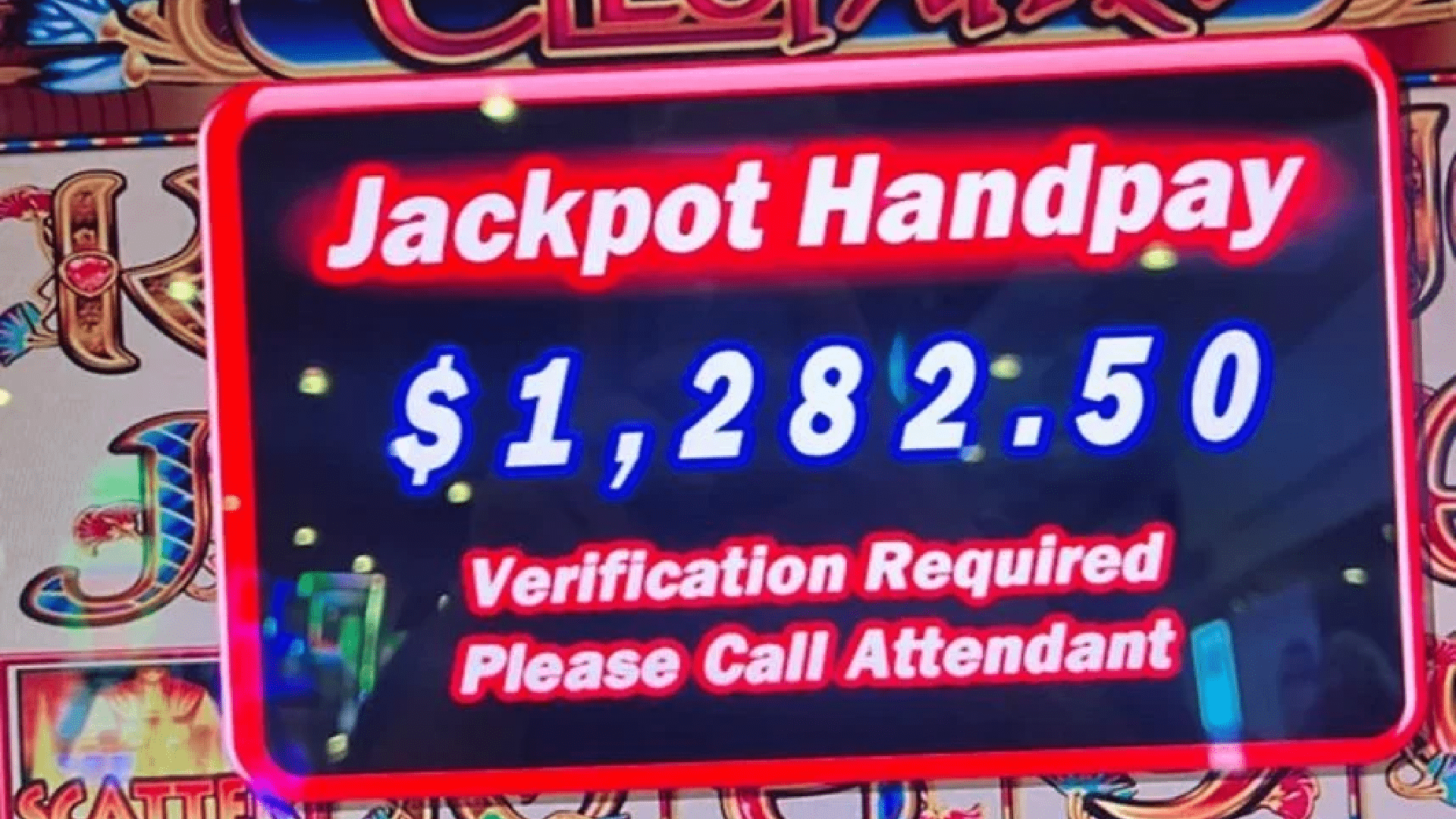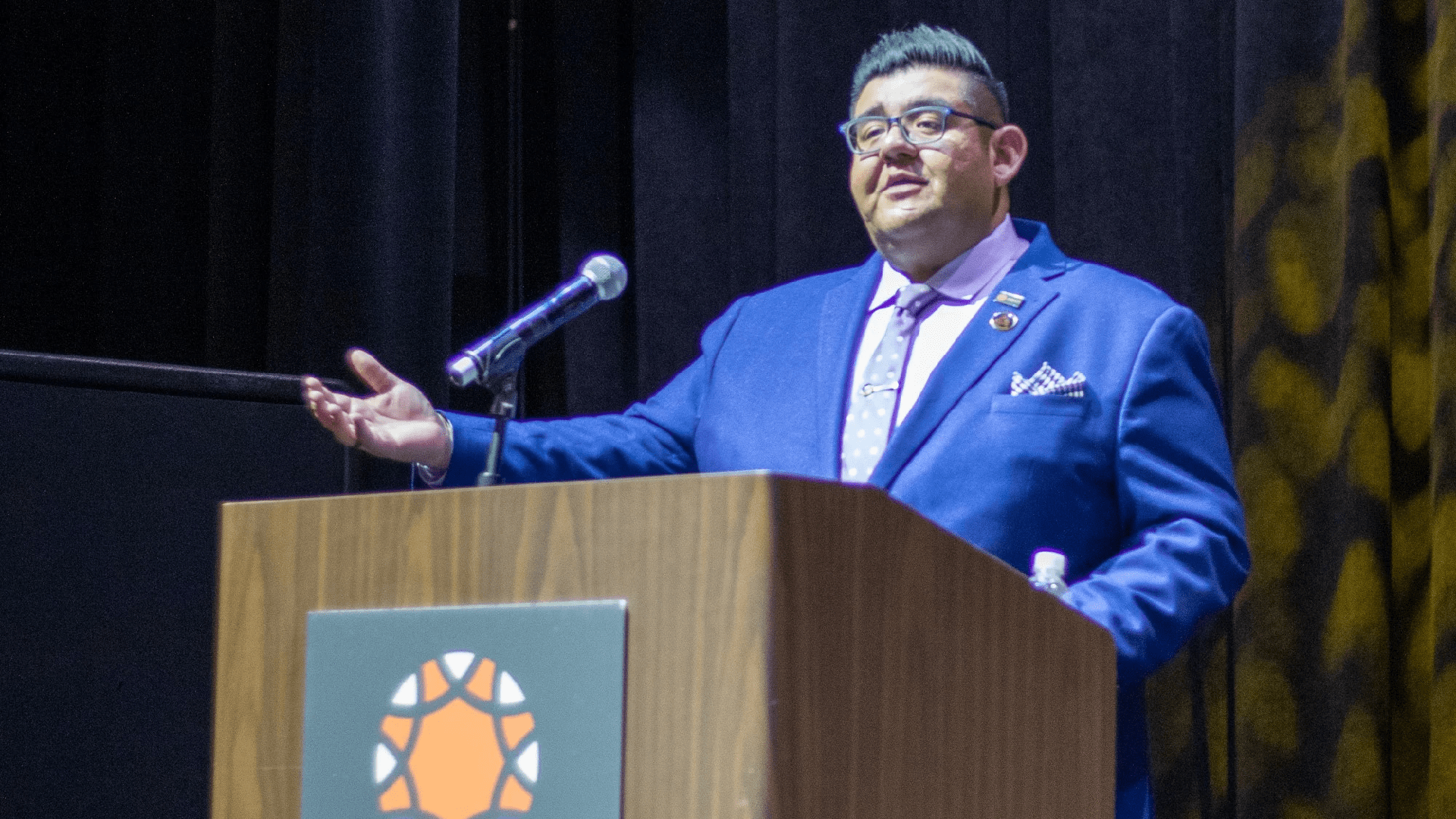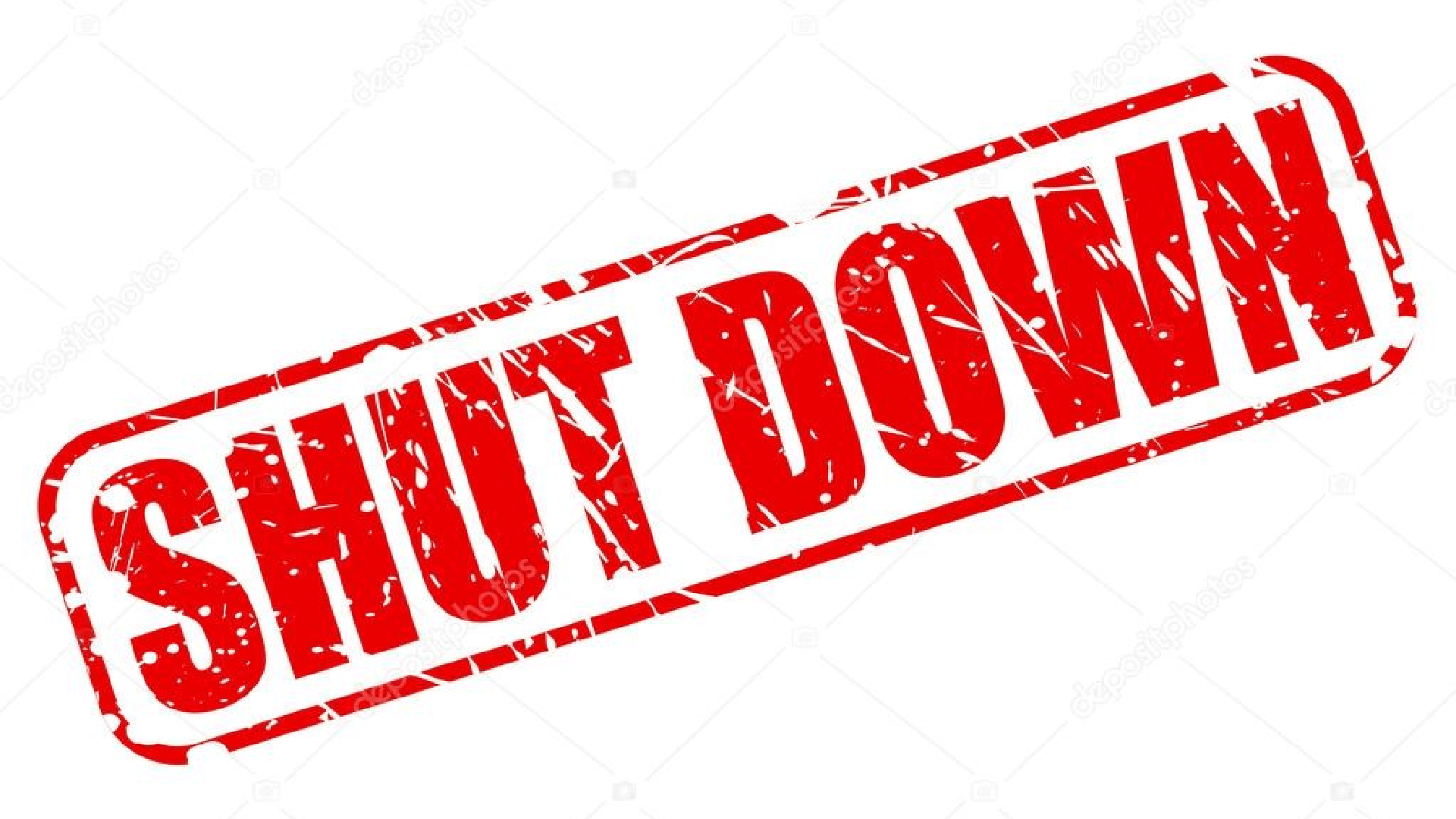
‘One Big Beautiful Bill’ Has Silver Lining for Gamblers as Certain Tax Reporting Thresholds Increase
Democrats and many gamblers have fiercely opposed President Donald Trump and the Republicans' "One Big Beautiful Bill Act," with the latter group voicing serious worries about a provision in the 870-page law capping gaming losses at 90%. The law would raise the tax reporting thresholds on some winnings starting next year, which is a small bright spot for the general gaming public.
Bipartisan support is still being gathered by Nevada's congressional delegation to amend the OBBBA to allow gamblers to deduct up to 90% of their losses from their wins. A gambler could deduct 100% of their losses from their earnings on their yearly tax returns prior to the bill.
An element of the OBBBA that hasn’t garnered nearly the same media coverage as it relates to the gaming industry is “Section 70433 C — Application to Reporting on Remuneration for Services.” The text increases the tax reporting threshold on gambling winnings to $2,000.
The minimum win amount to initiate a W-2G form becomes effective Jan. 1, 2026. It is then increased annually based on inflation.
When a player wins $1,200 or more on a slot machine, $1,500 or more on keno, or $600 or more on a table game, and the payout is at least 300 times the wager amount, the payer, or casino, is required by the Internal Revenue Services' current tax code to give the player a W-2G form and report the win to the federal government. The minimum payout for poker tournaments is $5,000, which is lowered by the wager or buy-in.
Focus on the Slot Tax Threshold
The IRS tax threshold for slot machine wins was set at $1,200 nearly fifty years ago. For a long time, the gaming industry has been urging the IRS and Congress to change the tax code so that the slot tax reporting level be raised to $5,000 or more.
The present $1,200 cost makes it more difficult for the people to file their annual taxes, puts a machine offline for around 30 minutes, and loads casinos with tax paperwork. In order to raise the slot tax reporting trigger to $5,000, US Representatives Dina Titus (D-NV) and Guy Reschenthaler (R-PA) filed the Shifting Limits on Thresholds (SLOTS) Act earlier this year.
The slot barrier at $5,000 would still be less than what, adjusted for inflation, would be $1,200 today. The $1,200 trigger, which is equivalent to around $6,600 in July 2025, was put into effect in 1977.
Although it is much less than the $3,800 increase Titus and Reschenthaler were hoping for, the OBBBA's $800 increase in the slots requirement is nonetheless an increase. When it is implemented in January, it will be the first raise in the slot threshold in 48 years.
Resuming Deduction Effort Additionally, Titus is spearheading the initiative to reinstate the 100% deduction for gambling losses. The 10% OBBBA decrease would be eliminated by the FAIR Bet Act (Fair Accounting for Income Realized from Betting Earnings Taxation). The House Ways and Means Committee is still working on the FAIR Bet measure.
Similar to the FAIR Bet Act, the Facilitating Useful Loss Limitations to Help Our Unique Service Economy (FULL HOUSE Act), a companion piece of legislation introduced by Senator Catherine Cortez Masto (D-NV) in the Senate, would reinstate the wagering losses deduction at 100%.
Despite the bipartisan support for both proposals, Cortez Masto asserts that GOP leaders are attempting to "weight them down with unrelated measures."














